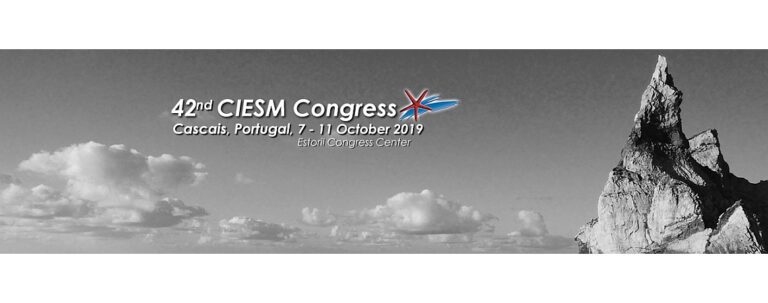About CIESM
The Mediterranean Science Commission, with headquarters in Monaco, has grown from the eight founding countries of its origin to 23 Member States today. These support a network of several thousand marine researchers, applying the latest scientific tools to better understand, monitor and protect a fast-changing, highly impacted Mediterranean Sea. Structured in six committees and various taskforces, CIESM runs expert workshops, collaborative programs and regular congresses, delivering authoritative, independent advice to national and international agencies.
The Commission integrates a broad spectrum of marine disciplines, encompassing geo-physical, chemical and biological processes, along with high-resolution mapping of the sea-bottom. Today, changes are occuring at a fast, unprecedented pace in the Mediterranean Sea. CIESM tracks and analyses these changes at the scale of the whole Basin, from the impact of global warming on sea-level and water masses to changes in marine biodiversity; from morphological changes in coastlines to the accumulation of trace metals in marine food chains.
CIESM involves researchers from all shores of the Basin in its activities. This is a proud, century-long legacy which not only fosters the exchange of scientific standards and ideas, but maintains a constructive, peaceful dialogue among populations divided for too long by historical conflicts.

